HAPTIC DREAMS OF FUTURE PAST
Dongchan Kim, Liang Yujue, Malin Dorn and Polina Lobanova
Music performance by Fxyz
05.08.21 - 07.08.21
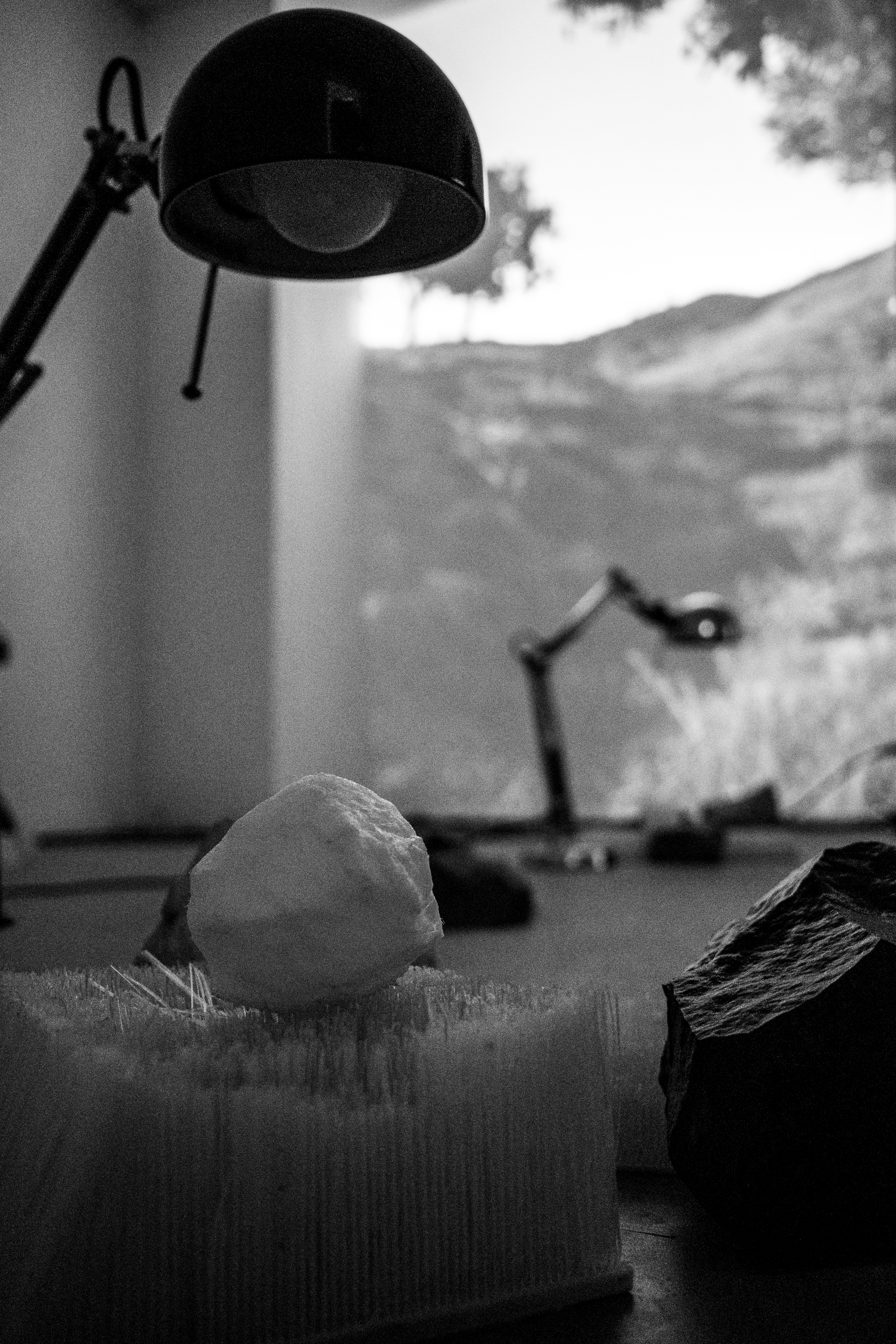
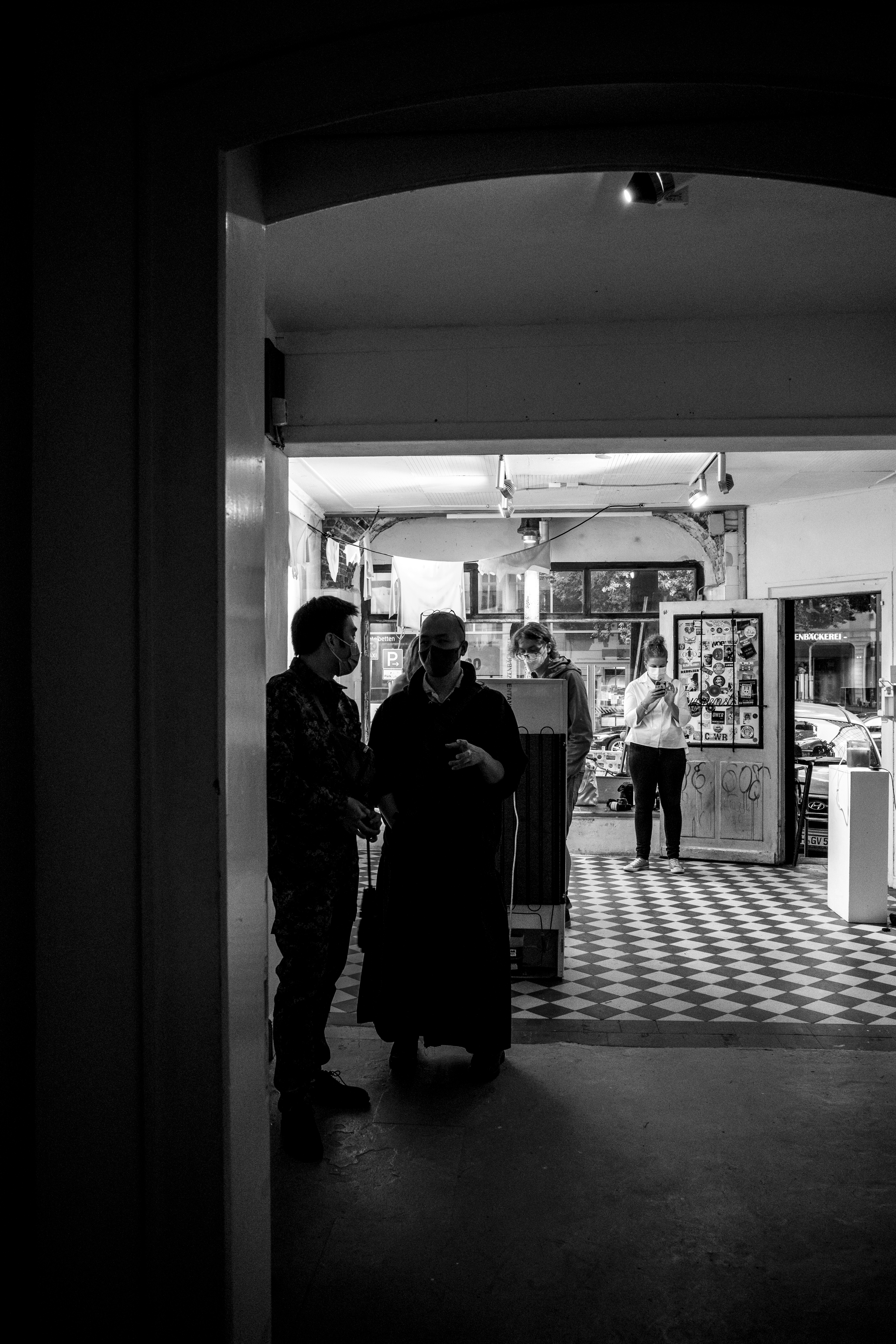
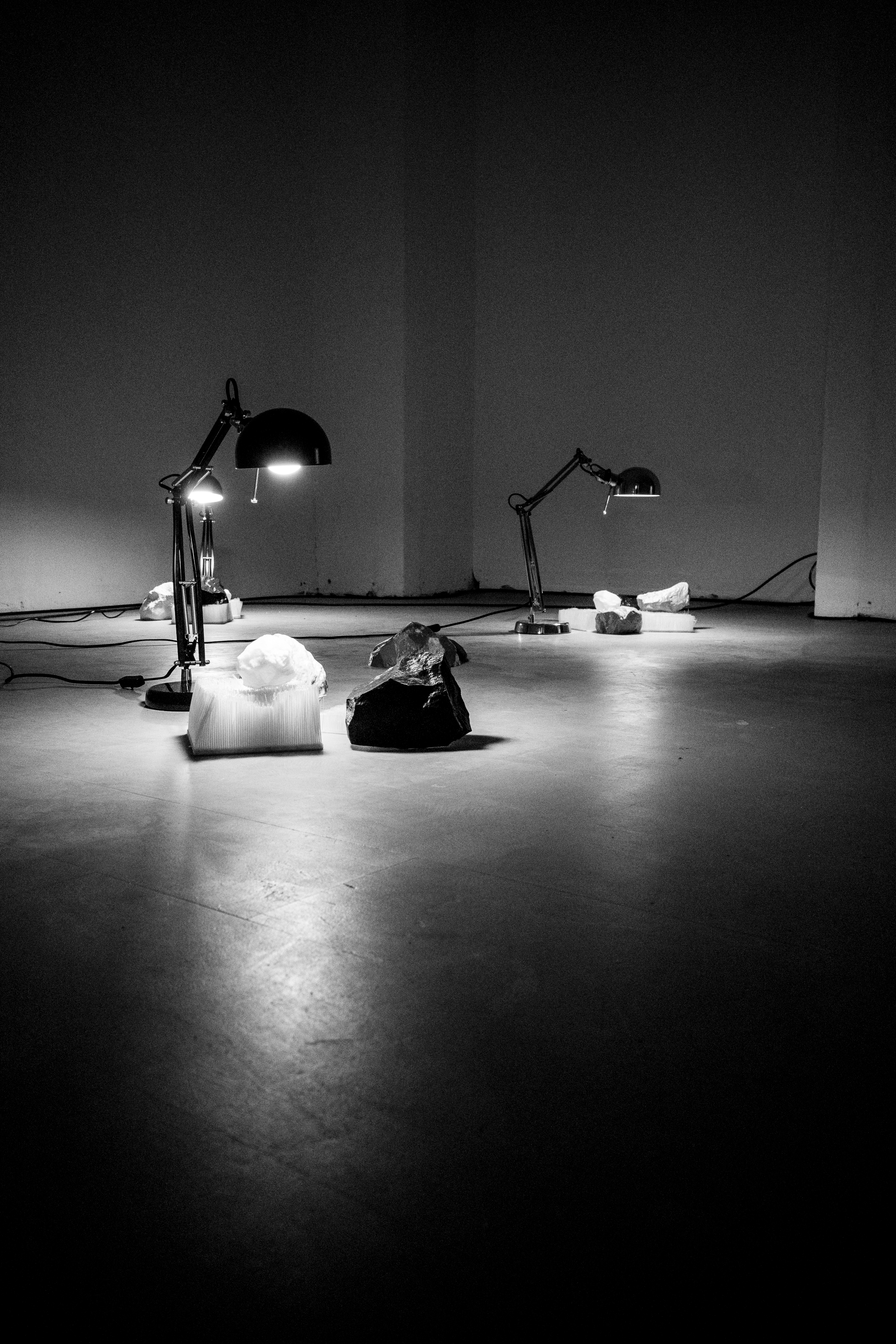
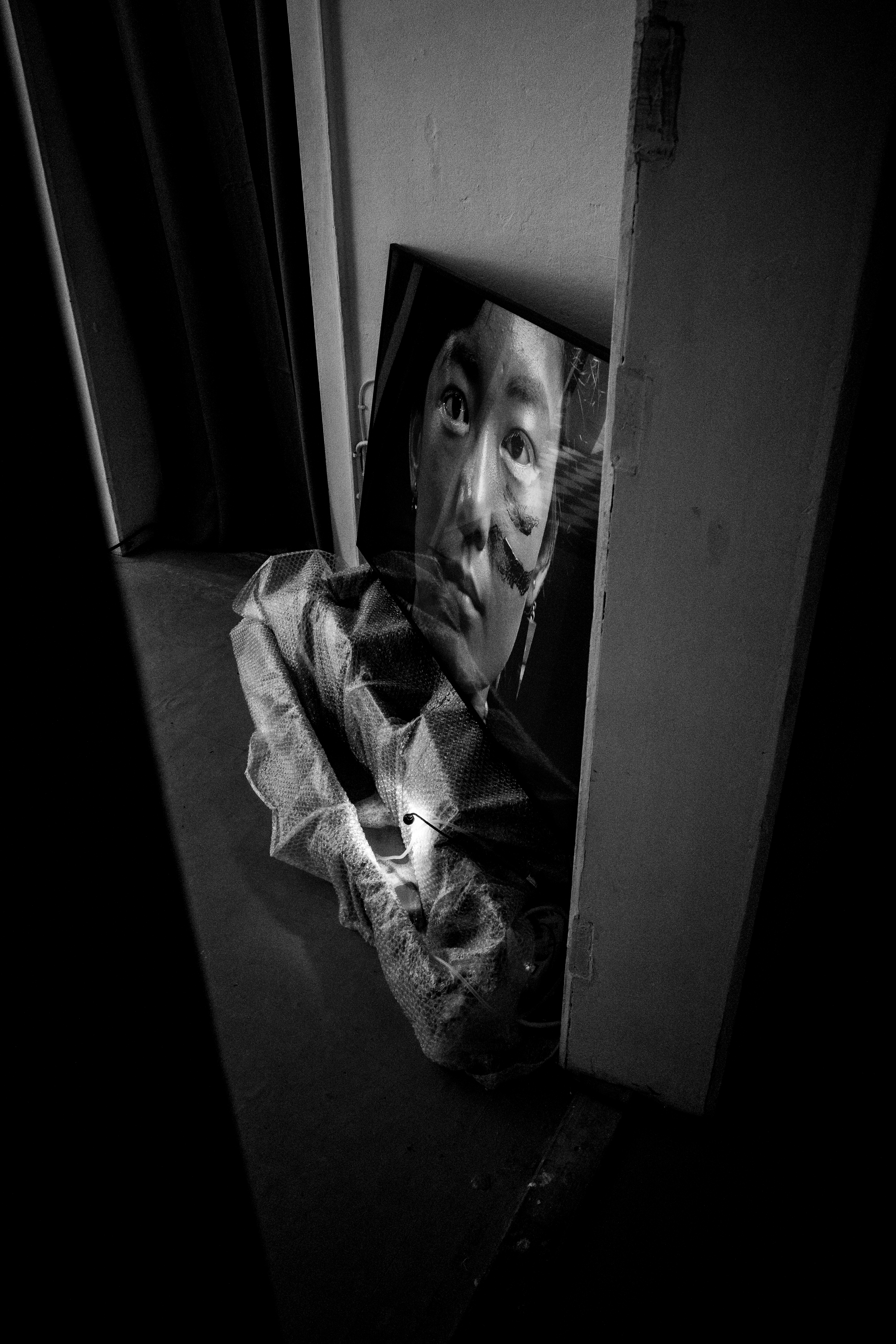
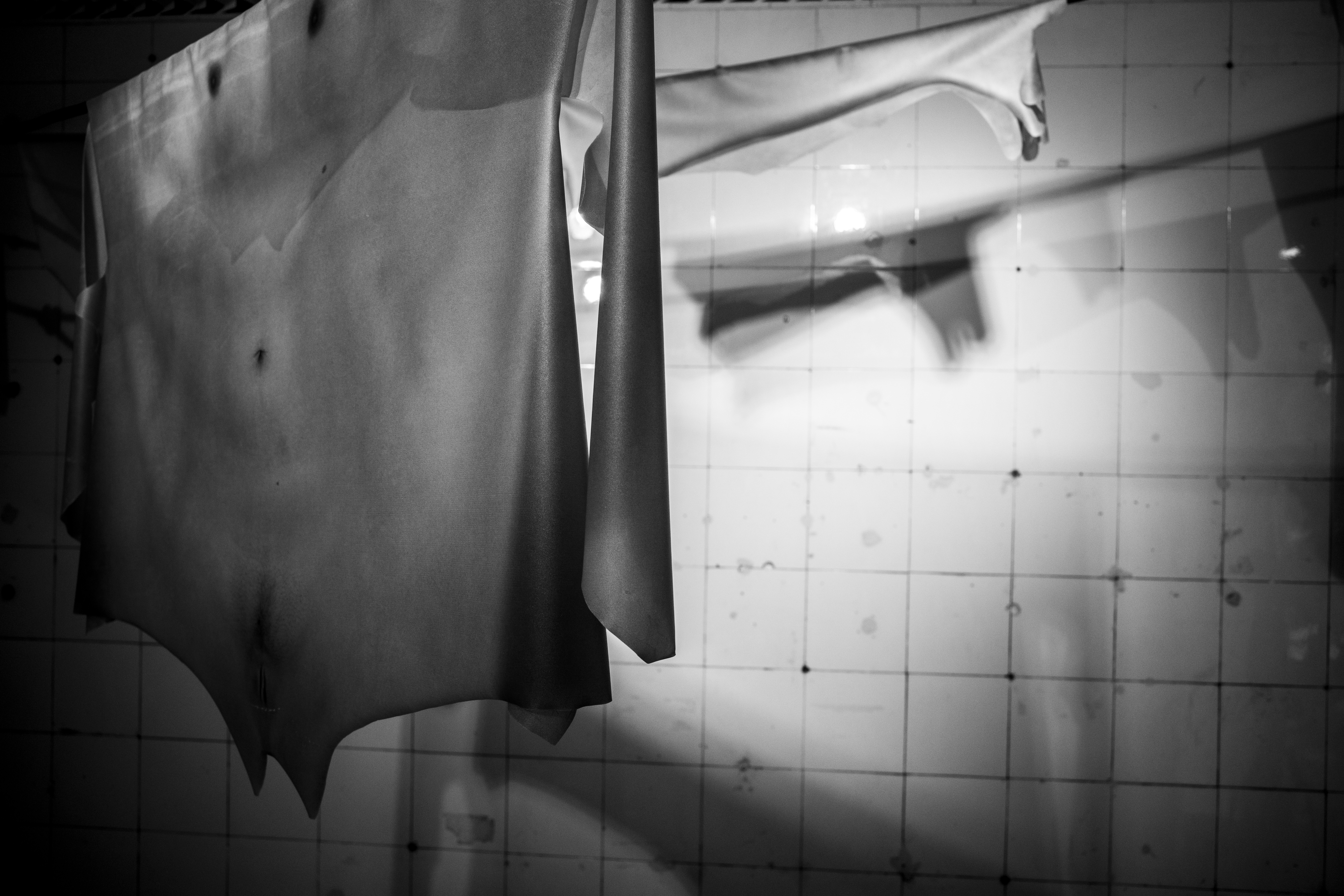
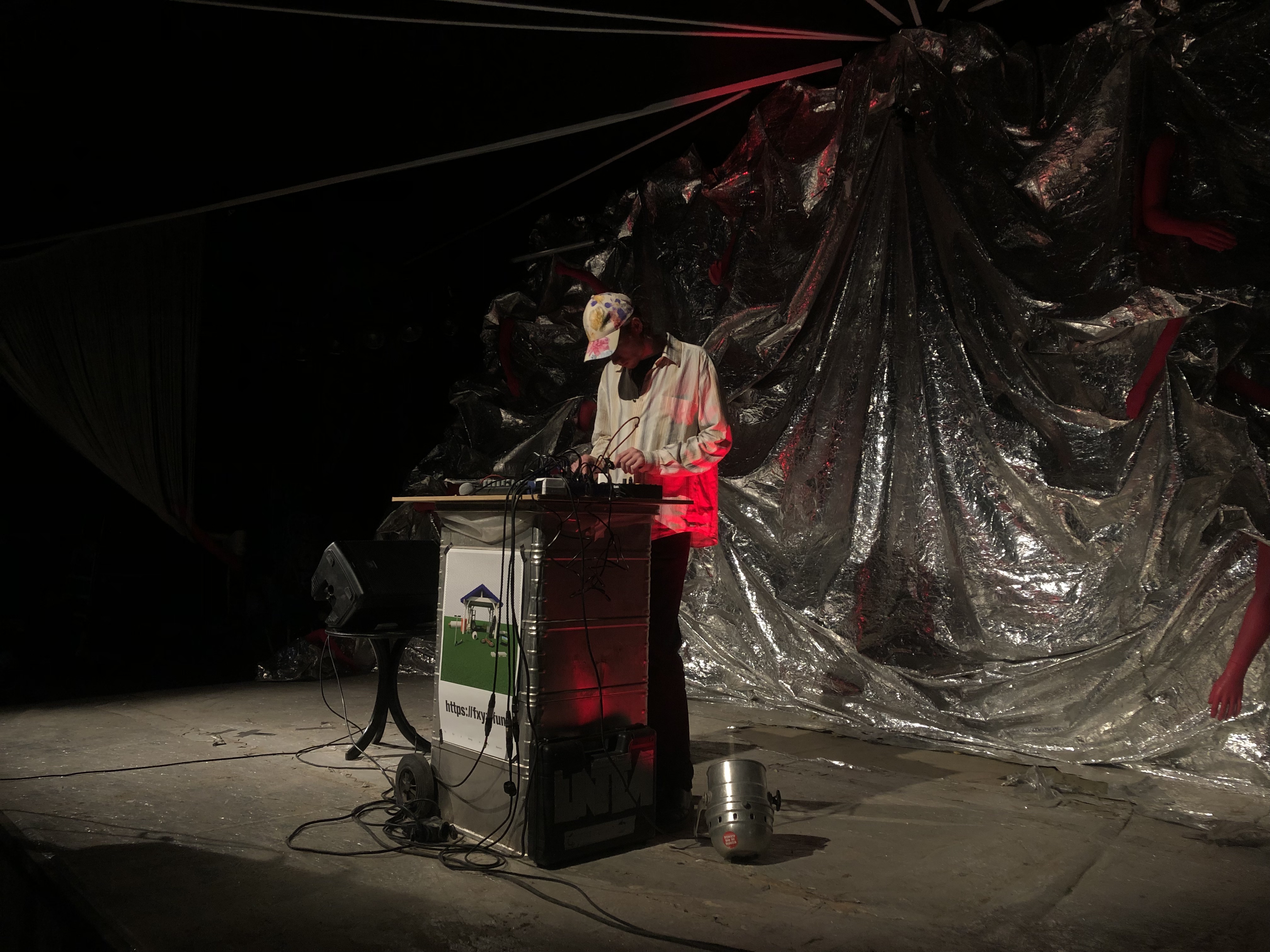
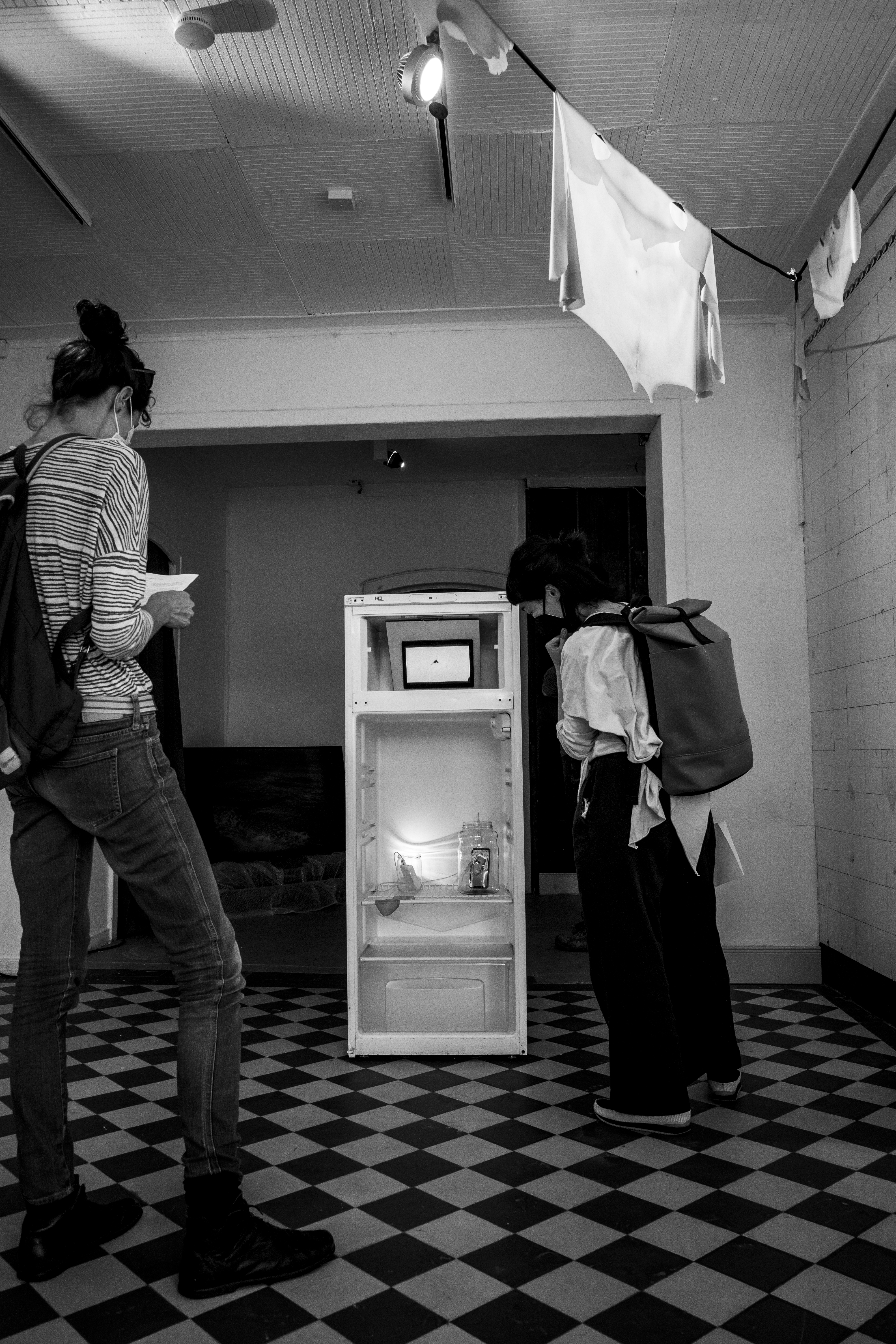
HAPTIC DREAMS OF FUTURE PAST is the result of a cooperation between EGEU (based in Lisbon) and LADØNS (Hamburg) which aimed to address the concept of new media by using past visions of the future to problematise and reflect about the future today. In order to do so, the curatorial collective of EGEU has spent 10 days in Hamburg working with a group of artists based in the city.
The challenge was to bring together different works on a field that is yet to circumscribe. A world of extra-bodily objects. Is the landscape they create together familiar or are we led to absolute strangeness? On one hand, we might be in the presence of a new concept of dead nature, or the possibility of working on a dead nature. A new life for ruins based on geometry and computation: pores shrinking, physical displacement, reassembling of parts, division, an edible figure turning into color, the possibility of a tree without a root, a body made fiction and fiction turned
into a body. Certainly, our lack of immediate determinacy as to what these objects are may mean that there is a space we are now starting to discover.
Yet the same uncertainty also stresses that our references and common tools of engagement and interpretation are not going to be that easy to get rid of. In many ways, the estrangement one might feel is the reflection of a strong connection between normality and novelty. And inasmuch as this tension exists, this is mostly a discussion about the present. So as the questions it brings about.
For instance, is to engage with the widespread media more politically sound? Should these tools be subverted? Is technology actually inaugurating a new perspective on human experience and opening up new possibilities? What is new about new? What kind of view can we build on new media based on a critique of new media?
Throughout these last days, Malin Dorn, Polina Lobanova, Dongchan Kim and Liang Yujue have developed a space whose itinerary was built on the way their perspectives came together, a space where the borders are still traced by physical engagement.
Guilherme V. Martins
